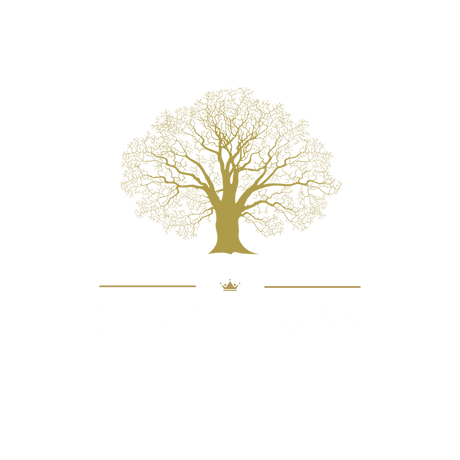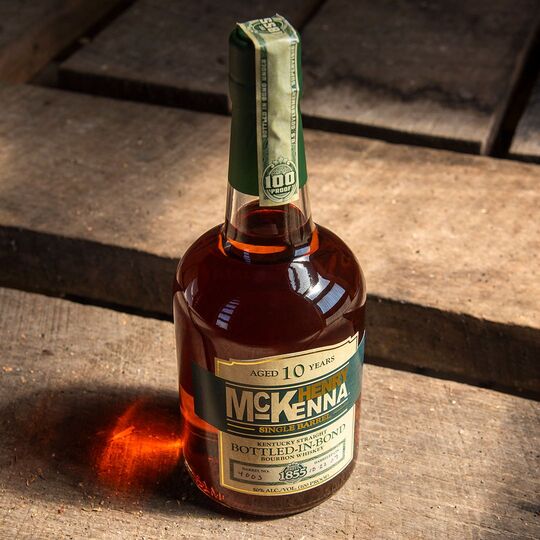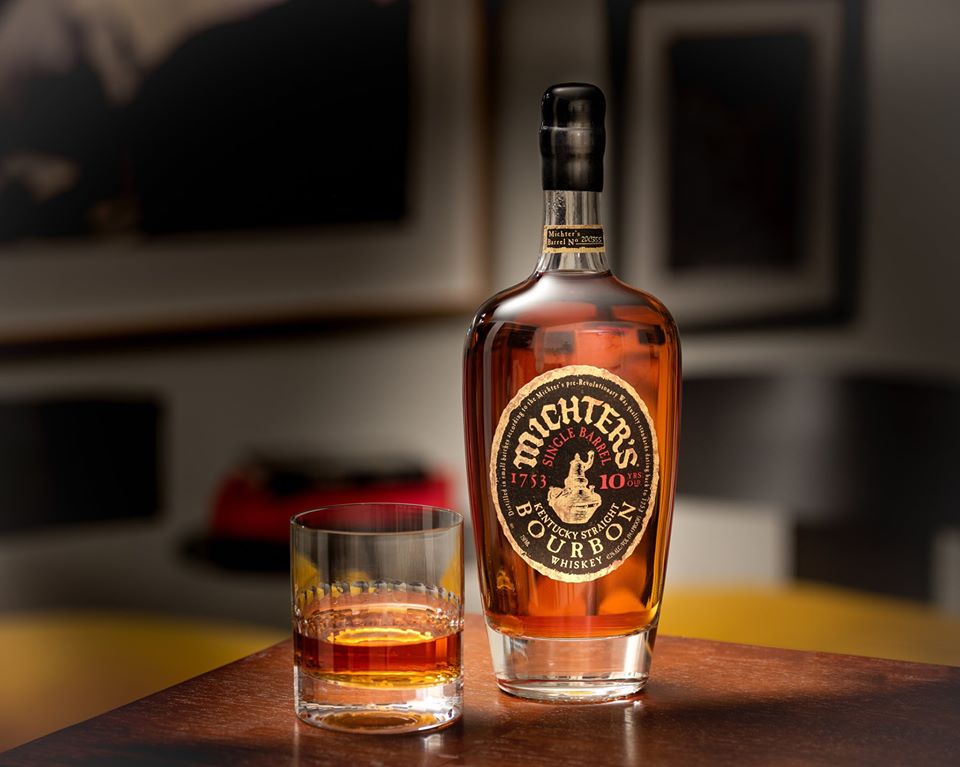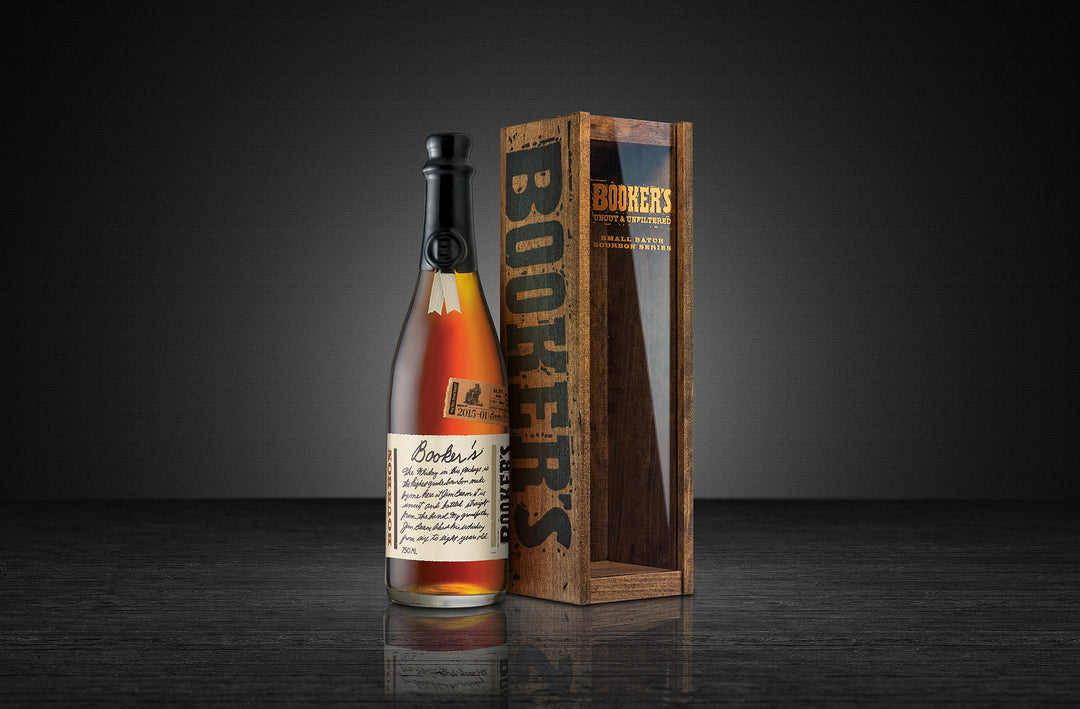Bourbon vs Whiskey: Understanding the Key Differences

When it comes to distilled spirits, the terms "bourbon" and "whiskey" are often used interchangeably. However, there are distinct differences between the two that set them apart. Understanding these differences can help you make an informed decision when choosing which spirit to enjoy.
Bourbon is a type of whiskey that is made primarily from corn and aged in charred oak barrels. It must be produced in the United States to be considered bourbon, and it must meet certain other requirements, such as being distilled to no more than 80% alcohol by volume and bottled at no less than 40% alcohol by volume. Whiskey, on the other hand, is a broad category of spirit that includes bourbon as well as other types, such as Irish whiskey and Scotch whisky. While all whiskeys are distilled from grains and aged in barrels, the specific requirements for each type can vary significantly.
Bourbon is Made with at Least 51% Corn
To be classified as bourbon, the American Bourbon Association mandates that the whiskey needs to be distilled from a mash that contains at least 51% corn. This is what gives bourbon its unique sweet flavor. Other grains that can be used in the mash include rye, wheat, and barley. However, the corn content must always be at least 51%. The mash is then fermented and aged in charred oak barrels, which imparts additional flavors and colors to the whiskey. The use of corn in bourbon production is what sets it apart from other types of whiskey.
| Key Points |
|---|
| Bourbon must be distilled from a mash that contains at least 51% corn |
| Other grains such as rye, wheat, and barley can also be used |
| The mash is fermented and aged in charred oak barrels |
| The use of corn gives bourbon its distinctive sweet flavor |
Bourbon is Always Aged in New Charred Oak Barrels
One of the key requirements for bourbon is that it must be aged in new charred oak barrels. Unlike other whiskeys, which can be aged in barrels previously used to age other spirits, bourbon must be aged in new barrels to impart the desired flavors and characteristics. The charred oak barrels also provide a distinct caramel color to the bourbon. To be considered "straight bourbon whiskey," the bourbon must be aged in new charred oak barrels for at least two years. No additives or colorings are allowed in bourbon production.
Bourbon Must Meet Specific ABV Requirements
When it comes to bourbon, there are specific ABV (alcohol by volume) requirements that must be met throughout the distilling and aging process. The mash must be distilled at 160 proof or less, which equates to 80% alcohol by volume. The bourbon must then be aged in barrels until it reaches no more than 125 proof, or 62.5% alcohol by volume. Before bottling, the bourbon is filtered and diluted down to no less than 80 proof, or 40% alcohol by volume.
It's important to note that other whiskeys have different ABV standards for barreling and distilling. For example, the minimum bottling strength for Scotch whiskey is also 80 proof or 40% ABV, but there are no maximum or minimum ABV requirements for the distillate.
Meeting these specific ABV requirements is an essential part of the bourbon-making process. It ensures that the bourbon has the desired flavor profile and meets the legal definition of bourbon.
Bourbon doesn't need to come from Kentucky (but it probably does)
While it's true that bourbon can be made outside of Kentucky, to be called "Kentucky bourbon," both the distillation and aging process must occur in Kentucky. The name "bourbon" itself comes from Bourbon County, Kentucky. Despite this, most bourbon is still made in Kentucky, which has made the term "bourbon" synonymous with the state. It's similar to how the Champagne region in France is known for champagne, even though other sparkling wines made using similar methods are produced elsewhere.
While there are some excellent bourbons made outside of Kentucky, it's important to note that the state's unique climate and limestone-rich water contribute to the distinct flavor profile of Kentucky bourbon. So, while it's not necessary for bourbon to come from Kentucky, it's certainly a strong indication of quality. When you order a bourbon, whether it's from Kentucky or not, you can expect a specific and delicious type of whiskey in your glass.
Featured image courtesy of The Irish Road Trip


